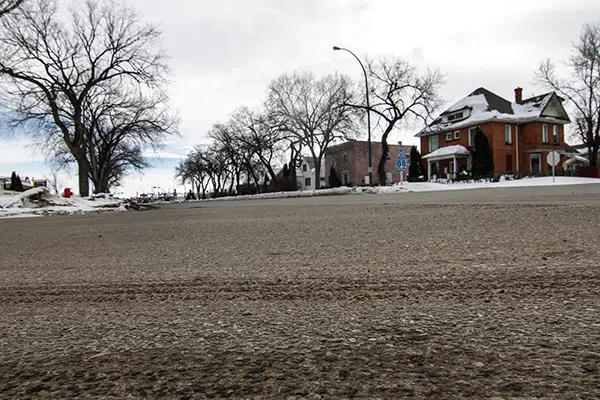
City looking at alternatives to oiling program
A new report from Prince Albert’s public works director states dust control methods will eventually cost property owners almost as much as proper paved roads.
The report sparked a discussion during Monday’s executive committee meeting about gathering residents’ support for paving streets in front of their properties. Over a 10-year period, the cost to oil roads annually is nearly $1,000 less than one application of hot mix asphalt – $4,134 versus $5,353.
“Over time, if you’re doing dust control for a prolonged period of time, you essentially get to what you would have paid to have it paved in the first place. However, that occurs over a much longer period,” public works director Colin Innes said during the meeting.
“Asphalt has a much bigger front-end cost to it in order to get it into place. So the thing that we did look at was a bunch of different [dust control] products,” he said.


